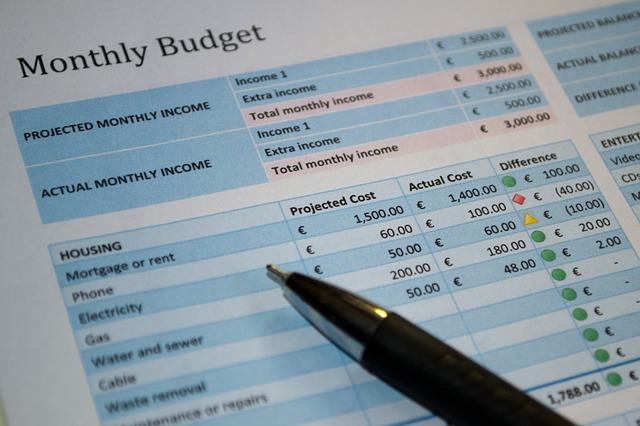Personal loans come with a lot of benefits. Unlike car loans or mortgages, personal loans are unsecured and therefore issued entirely on the basis of income and credit without collateral. Moreover, these sorts of loans can be a good option for urgent financial needs, such as a medical emergency or a damaged vehicle. At the same time, individuals need to make sure that they are not abusing loans to pay for things that can be put off and saved for, such as a vacation. Read on for some important factors to consider before taking out a personal loan.
1. Interest rates can vary.
Most people are used to hearing about interest rates in the context of a 30-year, fixed-rate mortgage. Often, this rate is around 4 percent and is similar to the interest charged on home equity loans, which are secured by the home. Since personal loans are not secured, the risk is much higher for the lending institution. To compensate, banks will charge higher interest rates, often at least twice that of mortgages. At the same time, this rate can be half of what individuals pay on their credit cards. Thus, personal loans are often used to consolidate existing debts and lower the interest paid on them, especially in the case of credit cards. However, it is critical that individuals calculate the interest before signing to make sure they are not inadvertently increasing the amount of interest they will pay.
2. Fees and additional costs may occur.
A number of lenders will tack on extra expenses, such as an insurance policy, at the closing of a personal loan. Insurance makes sure that in the event of a lendee’s death, the debt is settled, instead of passing on to survivors. However, lendees should know that insurance is never required for personal loans and the decision to purchase it should be separate from the decision to sign for the loan. Lenders may also pre-compute interest, meaning that paying the debt off early comes with no benefit, or enforce prepayment penalties. Both of these situations should be avoided whenever possible in the event that the debt can be paid back sooner than expected.

3. Personal loans generally do not offer protections.
A variety of loan products come with certain protections. For example, federal student loans can be deferred while in school or be paid off through an income-based repayment plan. A number of mortgage products may also come with similar protections.
In general, personal loans do not have such terms, which becomes especially crucial to consider when consolidating debt. Some lenders that offer deals for refinancing student loan debt with personal loans force borrowers to give up these protections—and in the end, the savings may not be worth it.
4. More than just banks offer personal loans.
When shopping around for a personal loan, individuals should make sure that they consult other financial institutions in addition to banks. Since credit unions are nonprofit organizations, they often have lower rates and fees than banks. In addition, online personal loan lenders offer streamlined loan processes. It never hurts to shop around and explore all options when looking for an affordable loan, especially considering how much credit score is tied to personal loan interest rates.
5. Terms for personal loans are short.
Lendees should not think of personal loans as a long-term solution for their financial needs. While mortgages stretch across decades, personal loans have a much shorter term. Few lenders will offer terms longer than seven years, as shorter terms lower risk of losses incurred by the lender.

This means that anyone who needs a lot of money may need to think about other options since the monthly payments could prove unmanageable. Before signing any documents, they should evaluate their finances and make sure that they will have enough money to cover the payment.
6. Personal loans will impact credit score.
Each time a potential lender checks someone’s credit, that hard inquiry results in a slight deduction in the overall score. Although this hit is temporary, lendees can minimize the impact by applying for different loans in a short period of time or applying for preapproval. Furthermore, just as with any loan, any missed payments can significantly hurt credit scores. At the same time, making consistent monthly payments can boost a score. Thus, individuals may use small personal loans as a way to demonstrate financial reliability and build credit.

